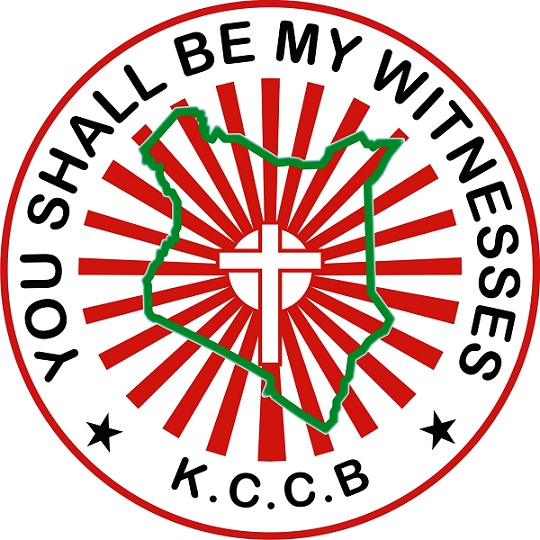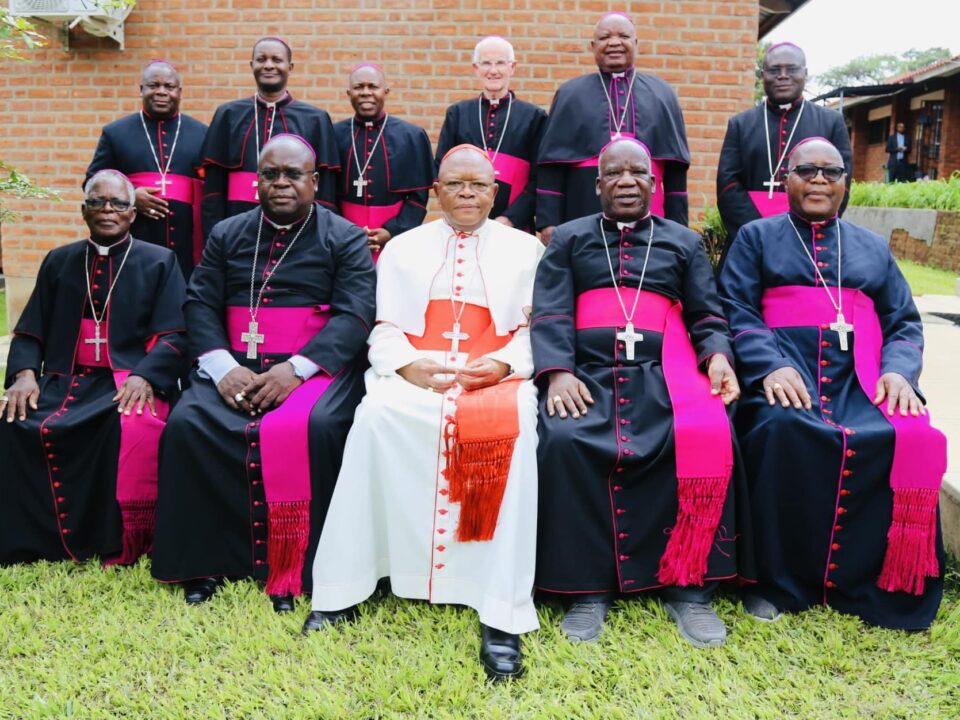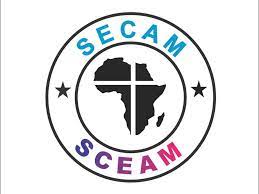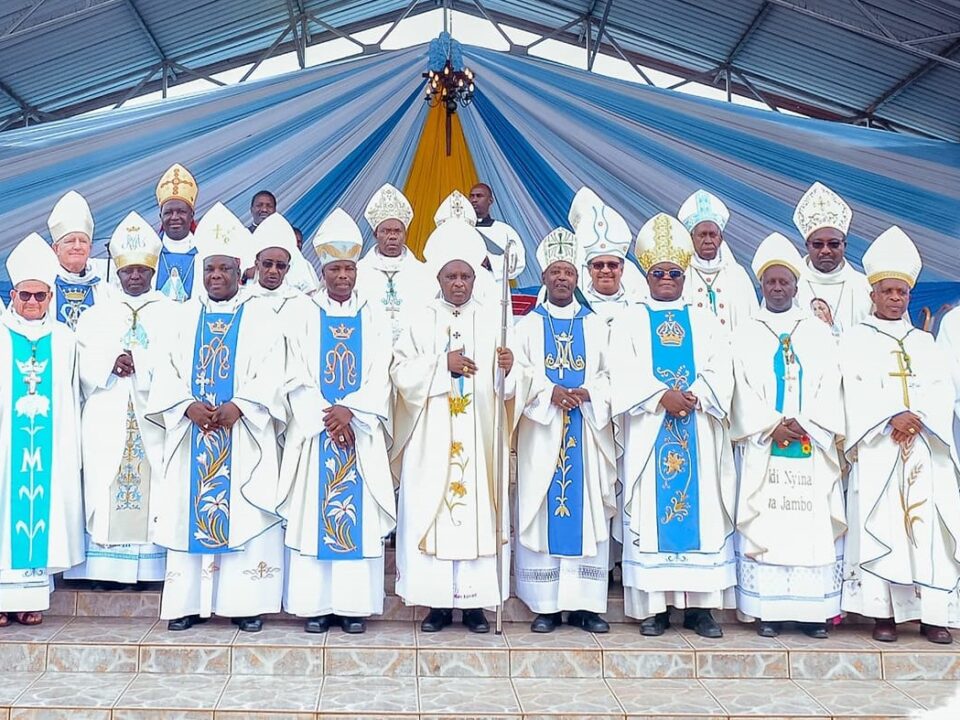- Contact us on - Contactez-nous sur - Contacte-nos em
- +233-30-277-8867/8
- +233-30-277-2548
- secam@secam.org
Kenya’s Bishops Urge Reconciliation Amid Disputed Presidency
Kenya’s Bishops Urge Reconciliation Amid Disputed Presidency
Crux || By Ngala Killian Chimtom || 19 February 2018
 After a tumultuous and divisive election year that saw Kenya inaugurate two presidents, the Catholic bishops in one of Africa’s fastest-growing economies are now using the Lenten period to drum up the case for national reconciliation.
After a tumultuous and divisive election year that saw Kenya inaugurate two presidents, the Catholic bishops in one of Africa’s fastest-growing economies are now using the Lenten period to drum up the case for national reconciliation.
They’ve found an unlikely ally: Kisumu County Deputy Governor, Dr. Mathew Owili. As a special guest on the occasion of the launch of the 2018 Lenten season that took place February 10 in Kisumu County, the deputy governor, representing Governor Prof. Anyang Nyong’o, charged the clergy, particularly the Catholic bishops, to bring President Uhuru Kenyatta to the dialogue table.
“The bungled election of 2017 has seen the country end up with two presidents: Raila Amolo Odinga, whom we recognize as our people’s President, and Uhuru Kenyatta,” Owili said.
Kenyatta won a new presidential election in October last year, which was boycotted by Odinga on charges that the political process remained unfair even after the first round of voting in August had been declared invalid by the country’s Supreme Court. The opposition figure then decided to swear himself in as “the people’s president,” leaving the nation in a political impasse.
Owili said only meaningful dialogue could salvage the situation, insisting that whether it happens will depend on how fast faith leaders act.
“The onus is on the faith leaders to stand in the gap for Kenyans just like the biblical prophets did in the Old Testament, even if it meant causing fatal harm to their lives,” he said.
That call for dialogue seems to be finding fertile ground among the country’s Catholic bishops.
The National Lenten season, under the theme “Reconciliation for Peaceful Coexistence and National Integration, Justice for All,” emphasizes the desire of the clergy to see Kenya emerge stronger from its current political and ethnic divides.
“The nation is bleeding, and we should work hard to bring it back to shape during this time of Lent,” said Archbishop Zaccheaus Okoth of the Archdiocese of Kisumu.
“We must sincerely admit that Kenya, our motherland, is bleeding. During this holy season of Lent, God is calling on all Kenyans to come back to Him. In every aspect we should offer our respect to the love of God,” he said.
Okoth said a sense of patriotism is gradually diminishing in Kenyans, as a result of rising injustice.
“Because of the increase of inequity and judicial injustice in our country, the love of many Kenyans for our country is growing cold. There is disenchantment and disillusionment among Kenyans. Indeed, half of our county is being left behind,” he said.
He said, “This Lenten time is the time for Kenyans to stop and ask themselves three questions: Where are we going as a country? What are we doing to each other? Why are we doing what we are doing?”
The weekly focus of the Kenya Lenten period seems to answer those basic questions. The first week deals with good governance and how to address incompetence and corruption in counties and the country as a whole, a recognition of the fact that these vices have eaten deep into the Kenyan society and need to be addressed.
Aside from charges of election-rigging and a stacked political deck, observers also charge widespread corruption and extortion in business life and other sectors of Kenyan society.
“Kenya’s competitiveness is held back by high corruption levels that penetrate every sector of the economy,” says the most recent country analysis prepared by the GAN business compliance firm. “A weak judicial system and frequent demands for bribes by public officials lead to increased business costs for foreign investors.”
The second week of Lent will deal with the theme of reconciliation. Coming at a time when the controversial presidential election of 2017 and now the spectacle of rival claims to the presidency, the theme seems apt.
“As a Church, we see there is a solution that needs to be facilitated in the form of a conversation, leading to a dialogue. The Church has already placed a theme that entails reconciliation, peaceful coexistence and national integration,” said Bishop Alfred Kipkoech Arap Rotich, the country’s emeritus military bishop.
Kipkoech said such a national conversation should involve persons “who are accepted by both sides, and who put all their skills and energy into the key issues raised and tabled.”
For Bishop Martin Kivuva Musonde, the Archbishop of Mombasa, the theme of reconciliation also stresses the fact that children must be raised in a reconciled environment within their families and communities.
The third week of the Lenten season calls for empowerment of the youth, insisting that opportunities must be created. According to the 2017 Global Talent Competitiveness Index, one in every six young Kenyans is unemployed, meaning roughly 17 percent. More than 1.4 million young people joined the labor market last year, competing for relatively few employment opportunities.
The fourth week of Lent will examine how security can be enhanced in Kenya, and the last week will examine how to protect the fundamental rights of children.
Most observers believe that the odds of making progress on any of those fronts will depend on how fast the country’s reconciliation process goes, and many say the Catholic bishops stand in as strong a position as anyone to make that happen in a country where roughly 35 percent of the population of 50 million is Catholic.
Last year, the bishops were at the forefront in finding solutions for an Independent Electoral and Boundaries Commission and the Electoral Laws. With such expertise, Owili believes the clerics can pull off something impressive in finding a middle ground amid the political turmoil rocking Kenya today.
The bishops themselves seem to agree.
“Our role will be to consolidate the agenda both from the opposition and government and lay it out for discussion,” said Kipkoech. “All stakeholders should be invited to present their issues on an open forum that is well facilitated and favorable to all parties.”
He proposed that members of the clergy and the business community “should form a committee that will lead in bringing together all stakeholders at a discussion table,” but added that politicians must eventually be included in such a committee, because their contributions would also be key to resolving the nation’s problems.
A note from the Bishops of East Africa to the Catholic news agency Fides, however, emphasizes that ultimately, it’s up to the country’s people to resolve the present impasse.
“As Kenyans of different backgrounds, communities and cultures, we must recognize that we have similarities and differences caused by numerous factors,” the note said. “However, if we focus on our differences, we will be condemned.”
Source: Crux…



